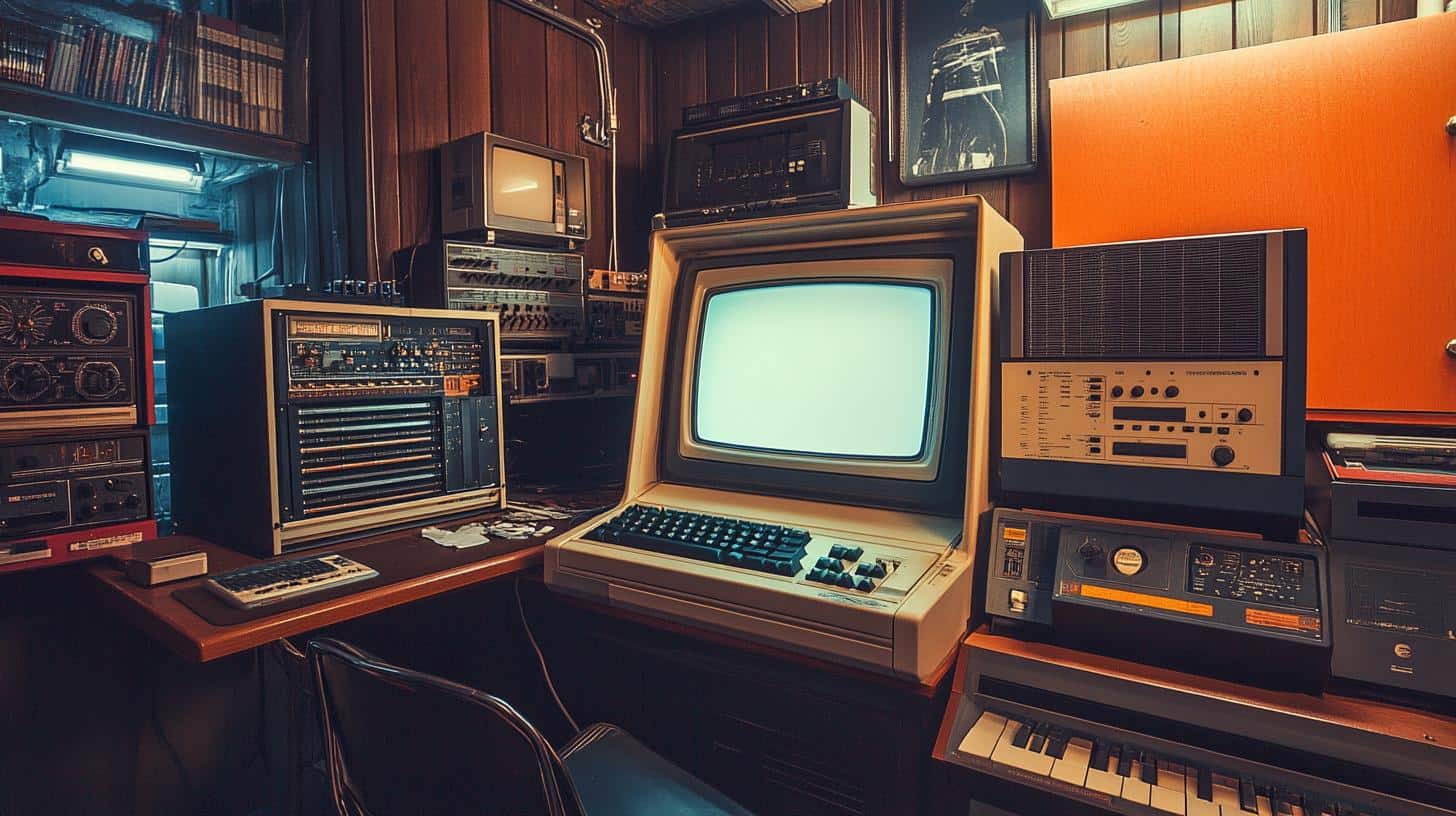In the ever-evolving world of technology, the question of which computer is the “best” is more complex than it may seem. With an array of choices available, the answer can vary significantly depending on your needs and preferences.
For those seeking power and performance, the Apple MacBook Pro often tops the list. With its robust M1 Pro and M1 Max chips, high-resolution Retina display, and sleek design, it caters to professionals who demand reliability and efficiency for tasks like video editing and software development.
On the other hand, the Microsoft Surface Laptop Studio offers versatility, making it a prime choice for creative individuals. With its adjustable screen and compatibility with a stylus, it provides a dynamic platform for designers and artists. Featuring Intel’s 11th-Gen processors, it ensures seamless performance.
For gaming enthusiasts, the Alienware m15 R7 rises as a strong contender. Known for its stellar performance, it supports the latest NVIDIA GeForce RTX graphics cards, allowing for immersive gaming experiences.
Ultimately, the “best” computer is subjective. It hinges on what you prioritize: performance, portability, design, or price. Budget-conscious users might find value in a Chromebook like the Acer Chromebook Spin 713, which offers decent functionalities at an impressive price point.
In conclusion, personal requirements and professional demands dictate the best computer choice. Evaluating these against the backdrop of available options will guide you to the device that best suits your lifestyle.
The Ultimate Showdown: Unveiling Lesser-Known Contenders in the Computer World
In the vast universe of computers, a few names dominate discussions, yet some remarkable contenders fly under the radar. Understanding these hidden gems can redefine what many perceive as the “best” computer based on unexplored aspects of everyday life.
One such underdog is the Framework Laptop, which champions modularity and repairability. With the electronic waste crisis looming large, this laptop empowers users to easily upgrade or repair their devices, reducing environmental impact. But will this sustainable choice catch on amid the annual device upgrade frenzy?
Likewise, the ASUS ZenBook Duo takes multitasking to a futuristic level. Featuring a secondary screen above the keyboard, it helps users manage multiple tasks at once. However, some critics argue that the unconventional layout may take some time to get accustomed to.
For the security conscious, the Librem 14 by Purism stands out. Running on privacy-focused software, it offers hardware switches for camera and microphone off, striking a chord with those valuing personal security. Yet, does its focus on security sacrifice ease of use for the everyday consumer?
As we ponder what truly defines the best computer, it becomes clear that ideal choices are as multifaceted as our needs. Some prioritize sustainability, others seamless multitasking, and for some, privacy takes precedence. These interests can lead users to reconsider decisions traditionally driven by power or brand prestige.
For more insights into technology and sustainability, visit TechCrunch. For updates on privacy-focused technology, explore Wired.







